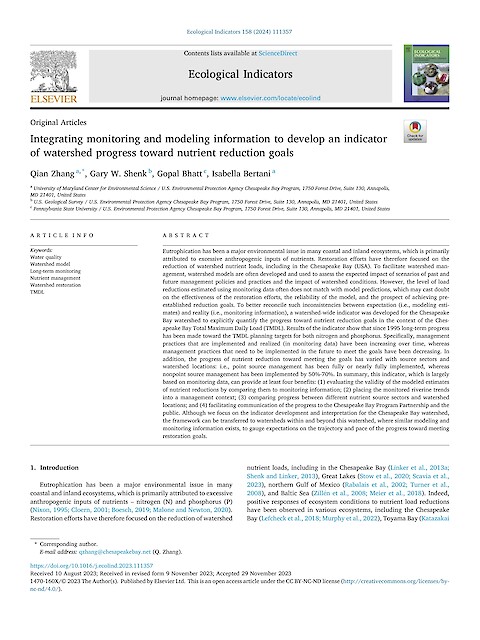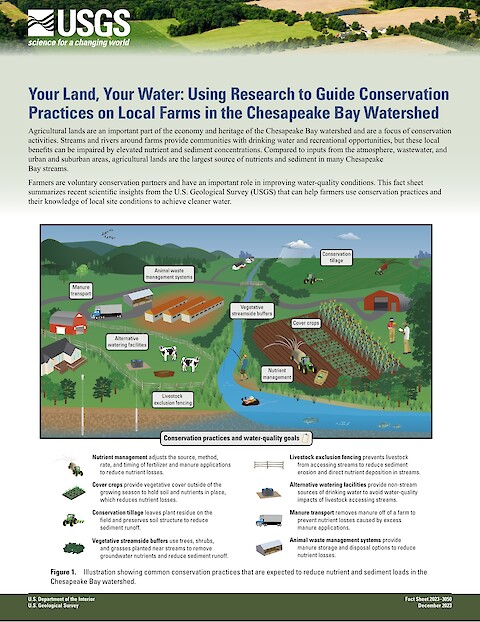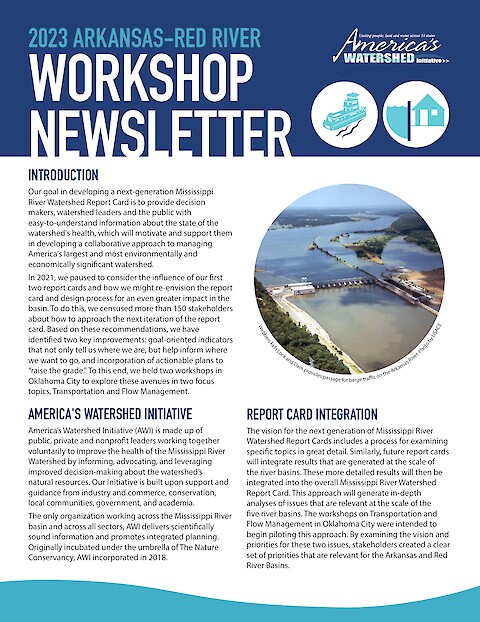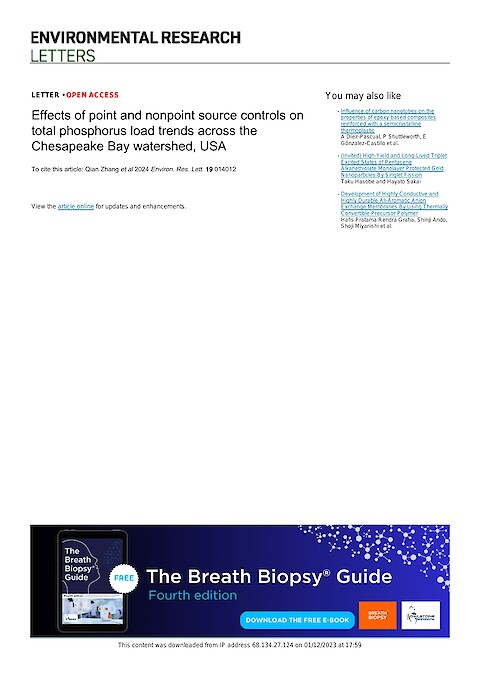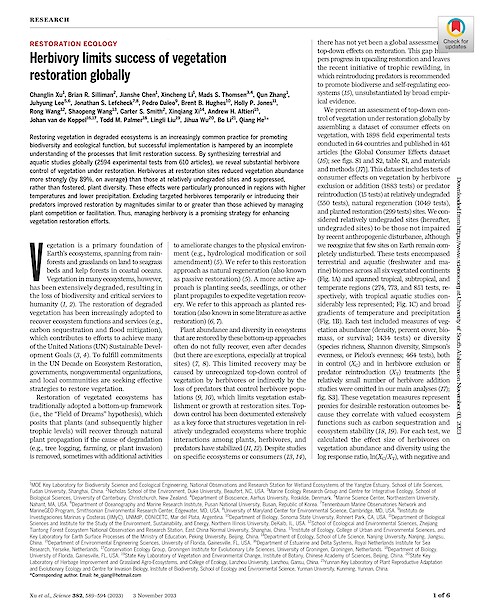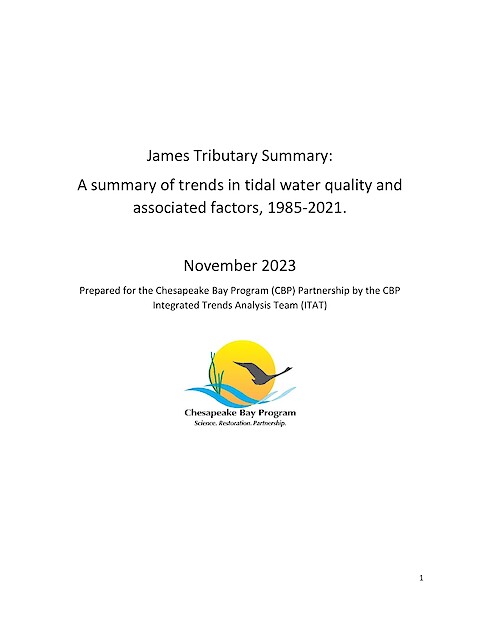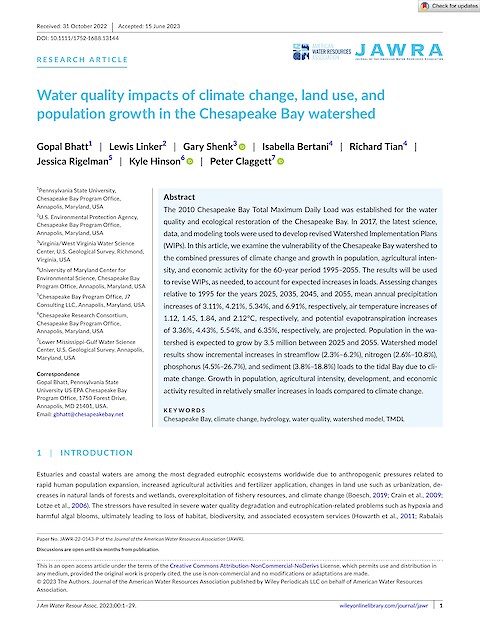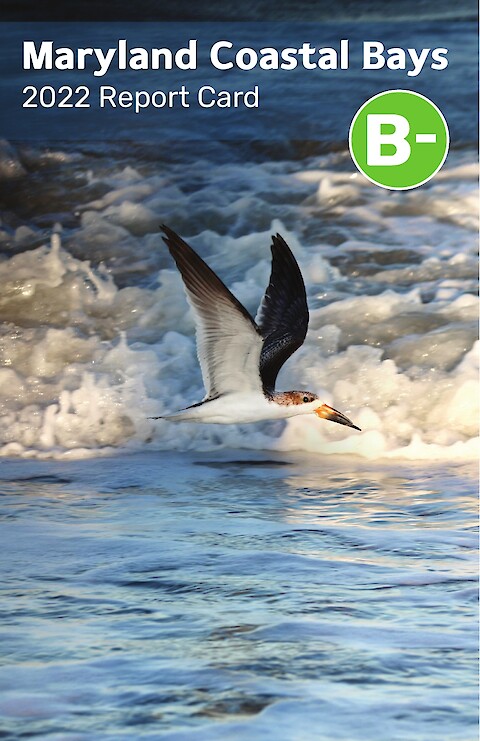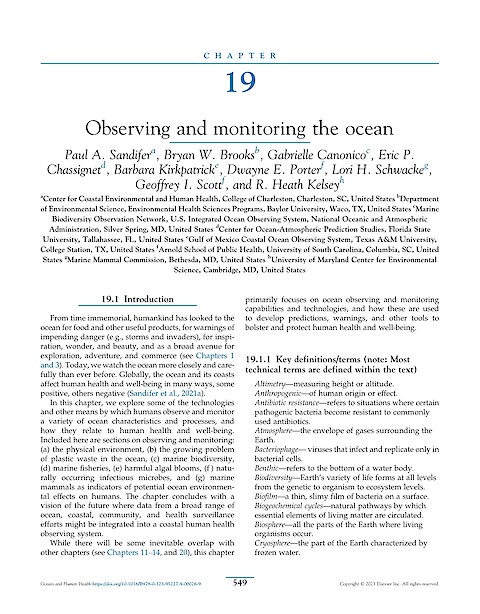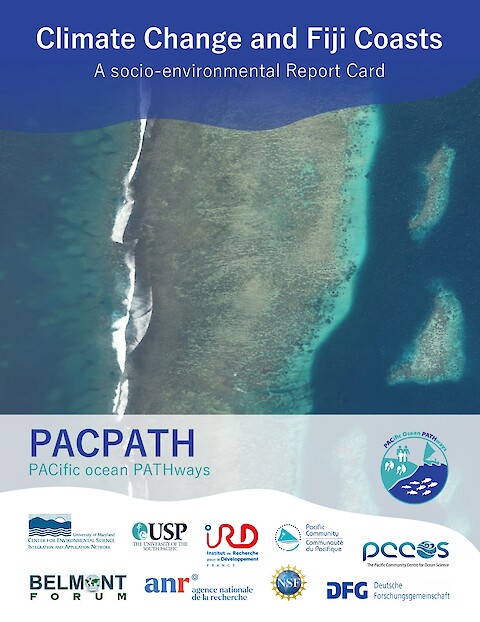Herbivory limits success of vegetation restoration globally
Changlin Xu, Brian R. Silliman, Jianshe Chen, Xincheng Li, Mads S. Thomsen, Qun Zhang, Juhyung Lee, Jonathan S.
Lefcheck, Pedro Daleo, Brent B. Hughes, Holly P. Jones, Rong Wang, Shaopeng Wang, Carter S. Smith, Xinqiang Xi,
Andrew H. Altieri, Johan van de Koppel, Todd M. Palmer, Lingli Liu, Jihua Wu, Bo Li, and Qiang He ·
2023
Restoring vegetation in degraded ecosystems is an increasingly common practice for promoting biodiversity and ecological function, but successful implementation is hampered by an incomplete understanding of the processes that limit restoration success. By synthesizing terrestrial and aquatic studies globally (2594 experimental tests from 610 articles), we reveal substantial herbivore control of vegetation under restoration.
Read more


